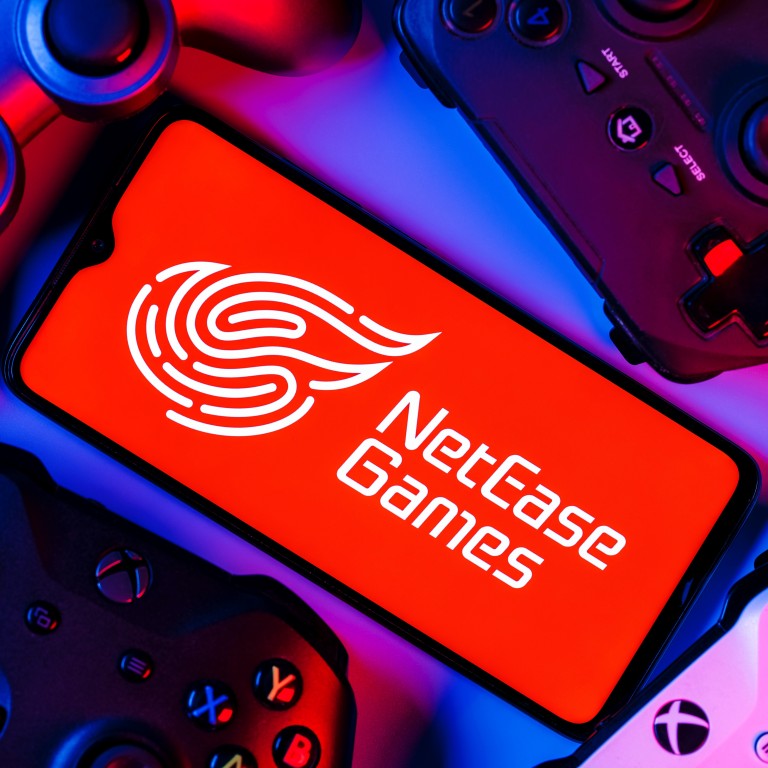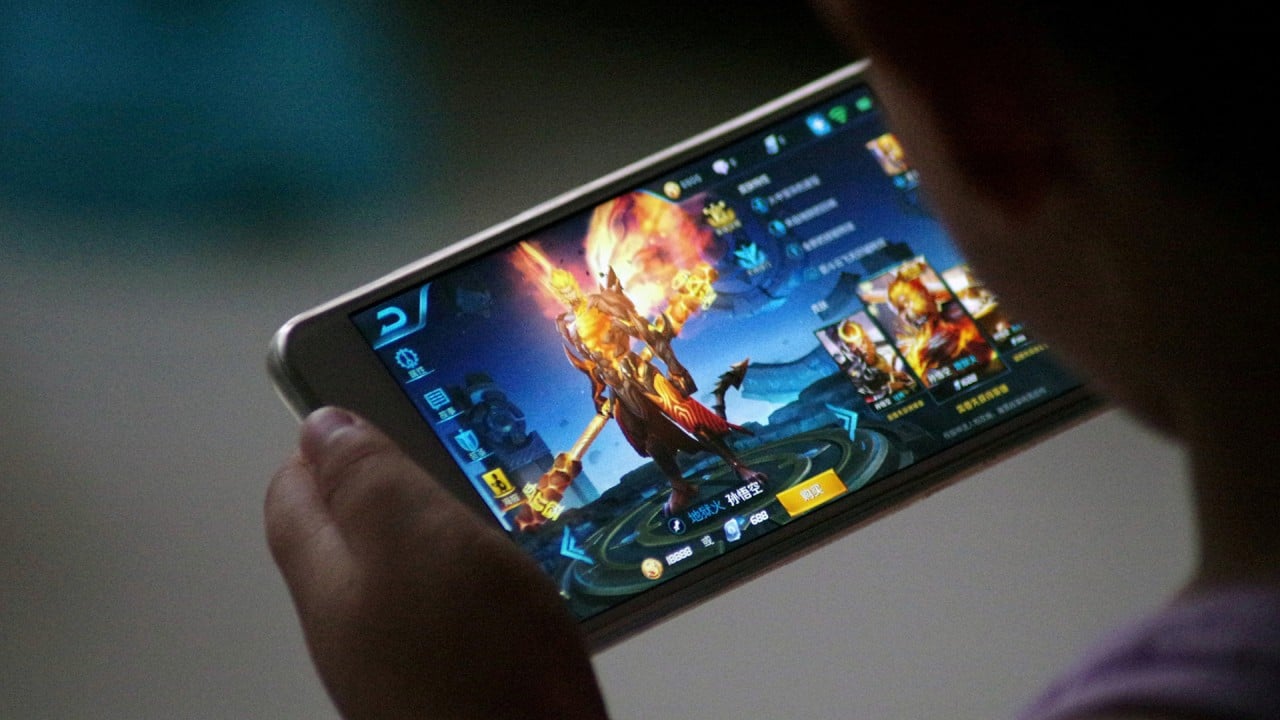
Exclusive | NetEase said to scale down some game projects amid Beijing’s crackdown on video gaming sector
- Dozens of employees at NetEase’s Shanghai and Hangzhou offices are said to have been taken off their original jobs and told to look for new assignments
- The company’s downsizing of some studios and projects started in early September amid regulators’ increased scrutiny on the video game sector
Dozens of employees, including programmers, designers and creative artists at the company’s Shanghai and Hangzhou offices, had been taken off their original jobs and told to look for new assignments inside and outside NetEase, according to one person who declined to be named for discussing a confidential matter. No employee has officially been retrenched.
Like other major video game publishers, Nasdaq and Hong Kong-listed NetEase has multiple studios simultaneously working on different game projects, allowing them to compete against each other for approvals and the final path to market.

01:09
China reportedly slows down online game approvals as crackdown on video game addiction continues
“Gaming companies will take a much more conservative approach to running their business,” said Mark Tanner, managing director at Shanghai-based marketing and research firm China Skinny. “With the new regulations, and narrower opportunities to earn revenue, companies will be less likely to take risks than before.”
To be sure, the adjustments made by NetEase are part of its product development cycle and normal operational changes, according to another person familiar with the matter.
The official recruitment page of NetEase showed that the company is hiring for 845 positions, including 606 positions related to games development. NetEase representatives did not immediately reply to a request for comment on Tuesday.
China’s love-hate relationship with video games puts sector in stormy water
Shares of NetEase in Hong Kong fell 0.37 per cent to HK$133.80 on Tuesday, down from a HK$206 peak in February, amid Beijing’s wider crackdown on internet companies.
NetEase reported net revenue of 20.5 billion yuan (US$3.2 billion) in the second quarter, up 12.9 per cent from 18.18 billion yuan in the same period last year, on the back of its expanded user base and diversified games portfolio.

